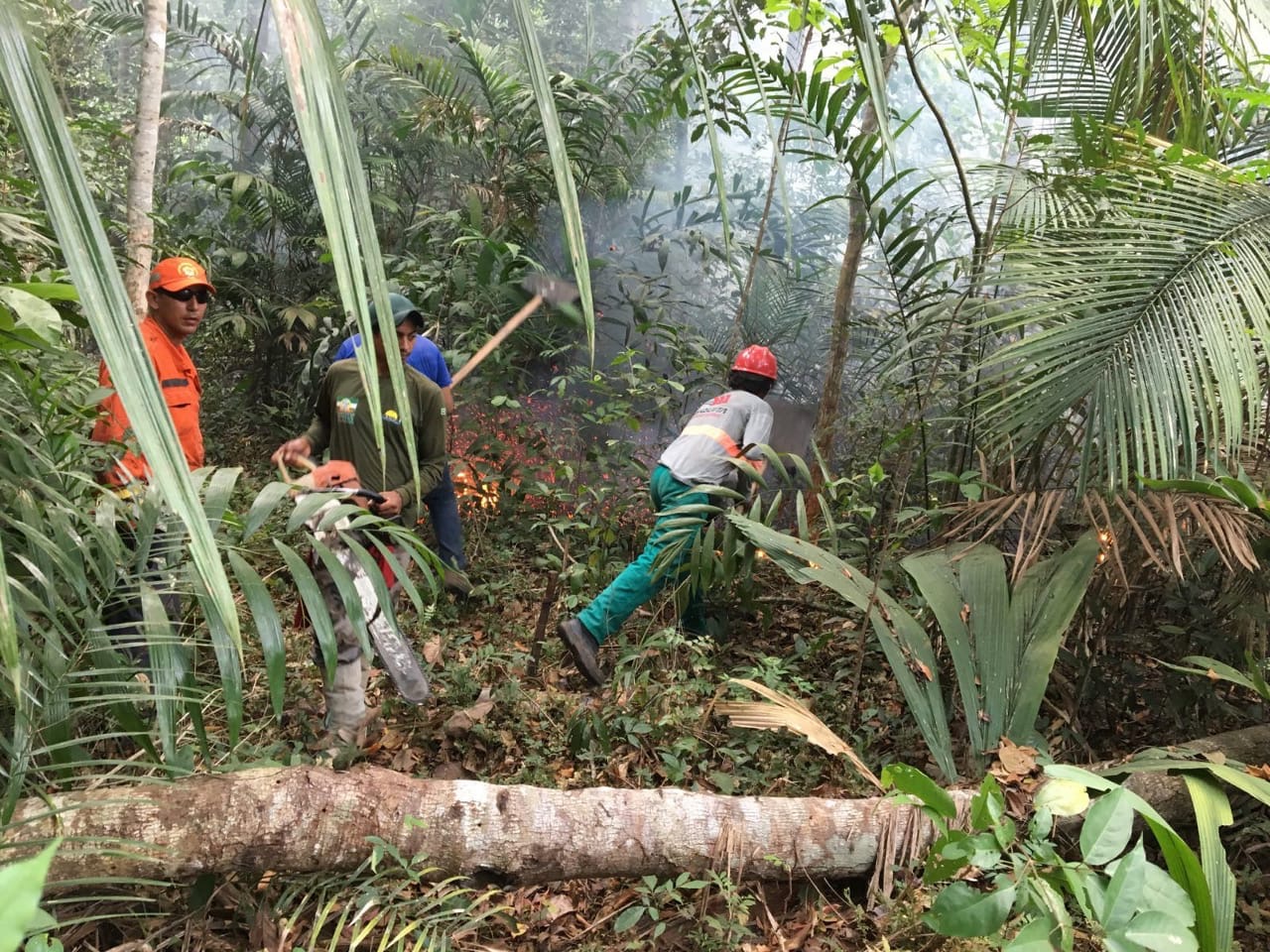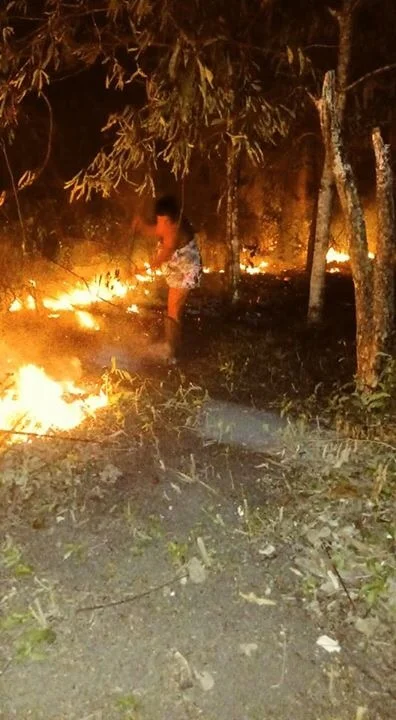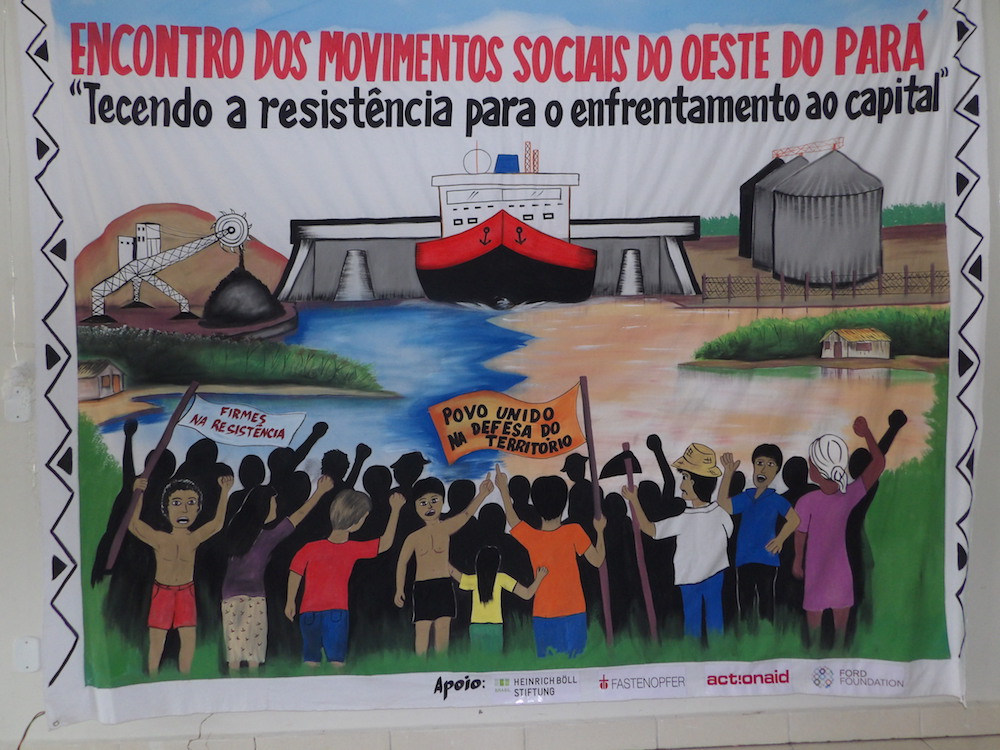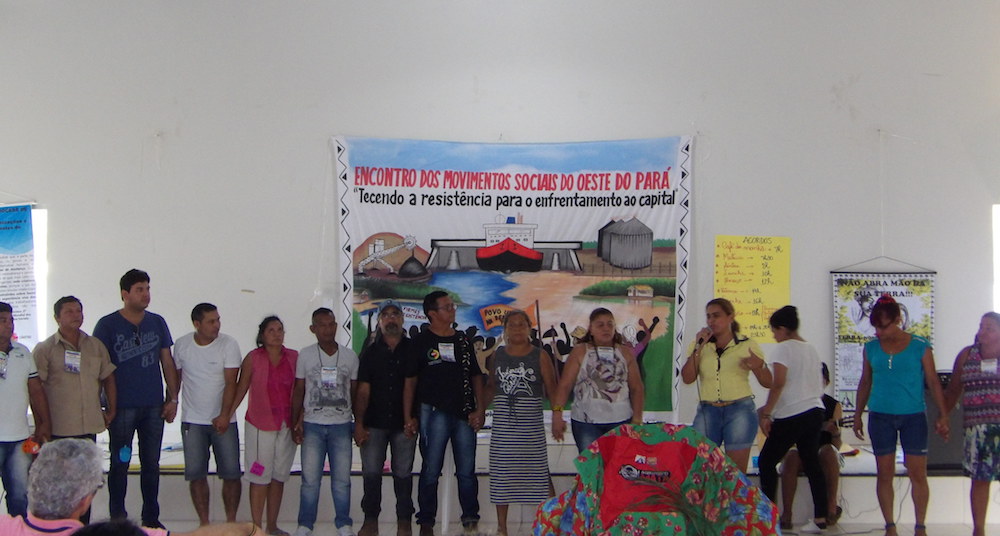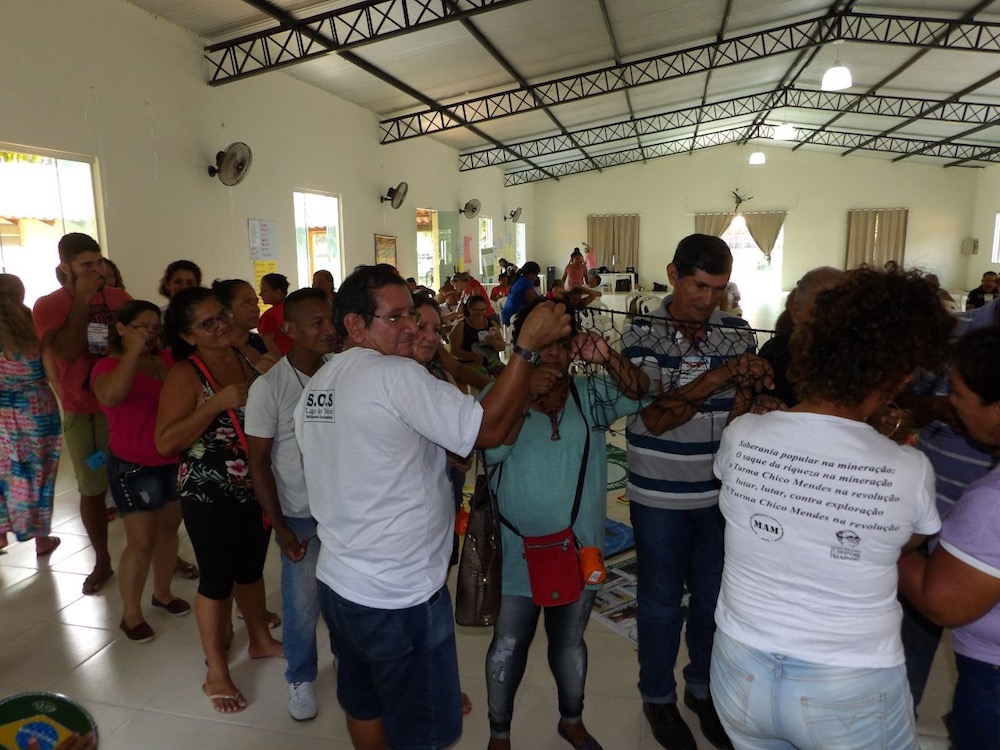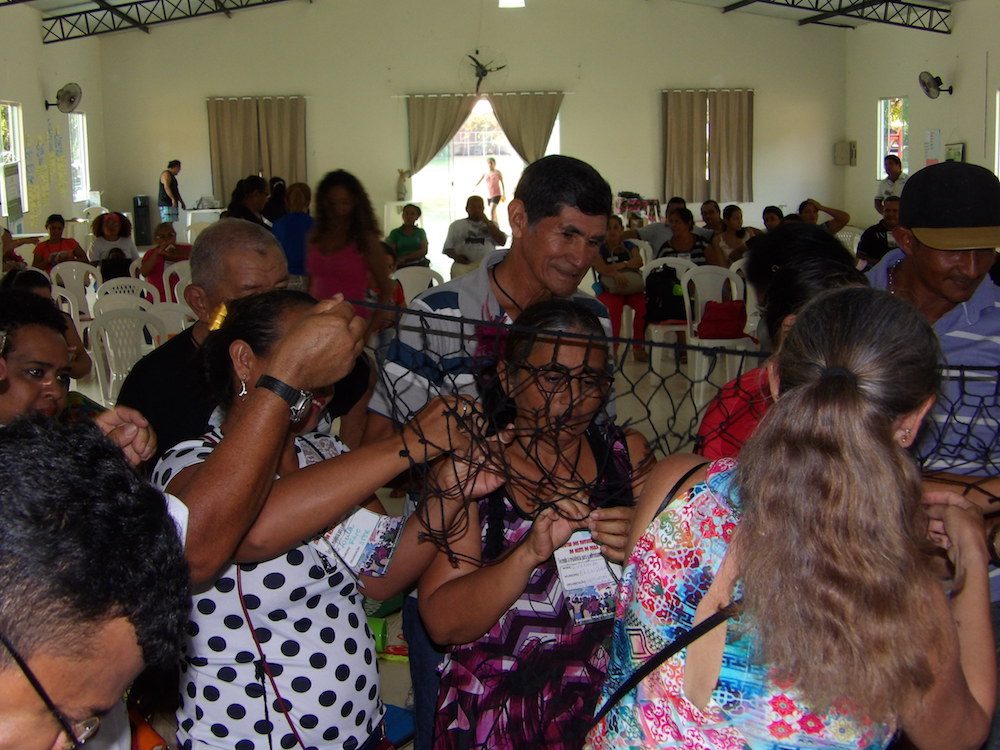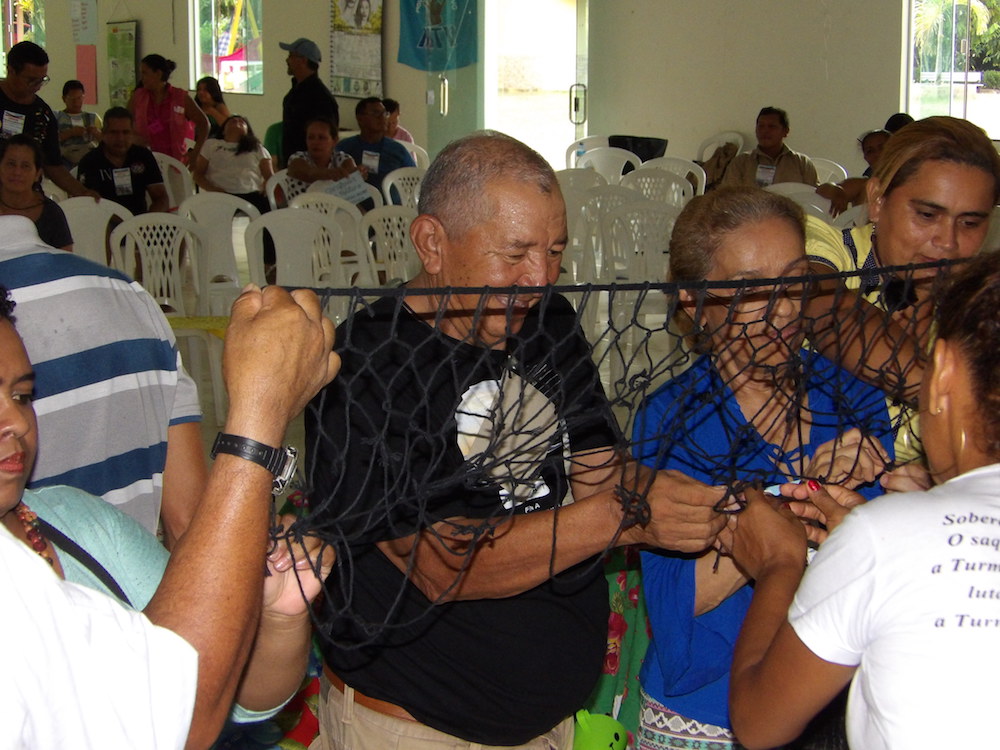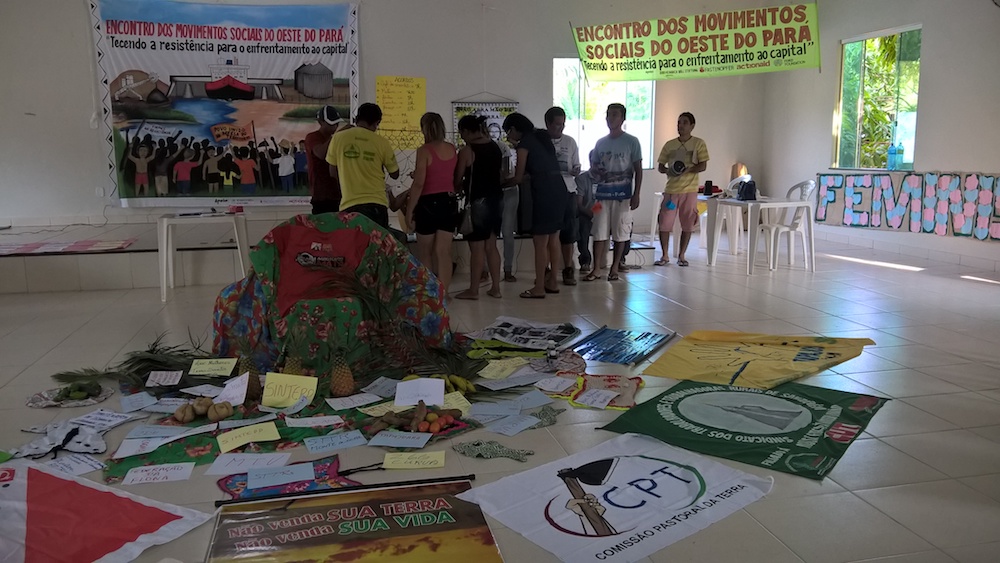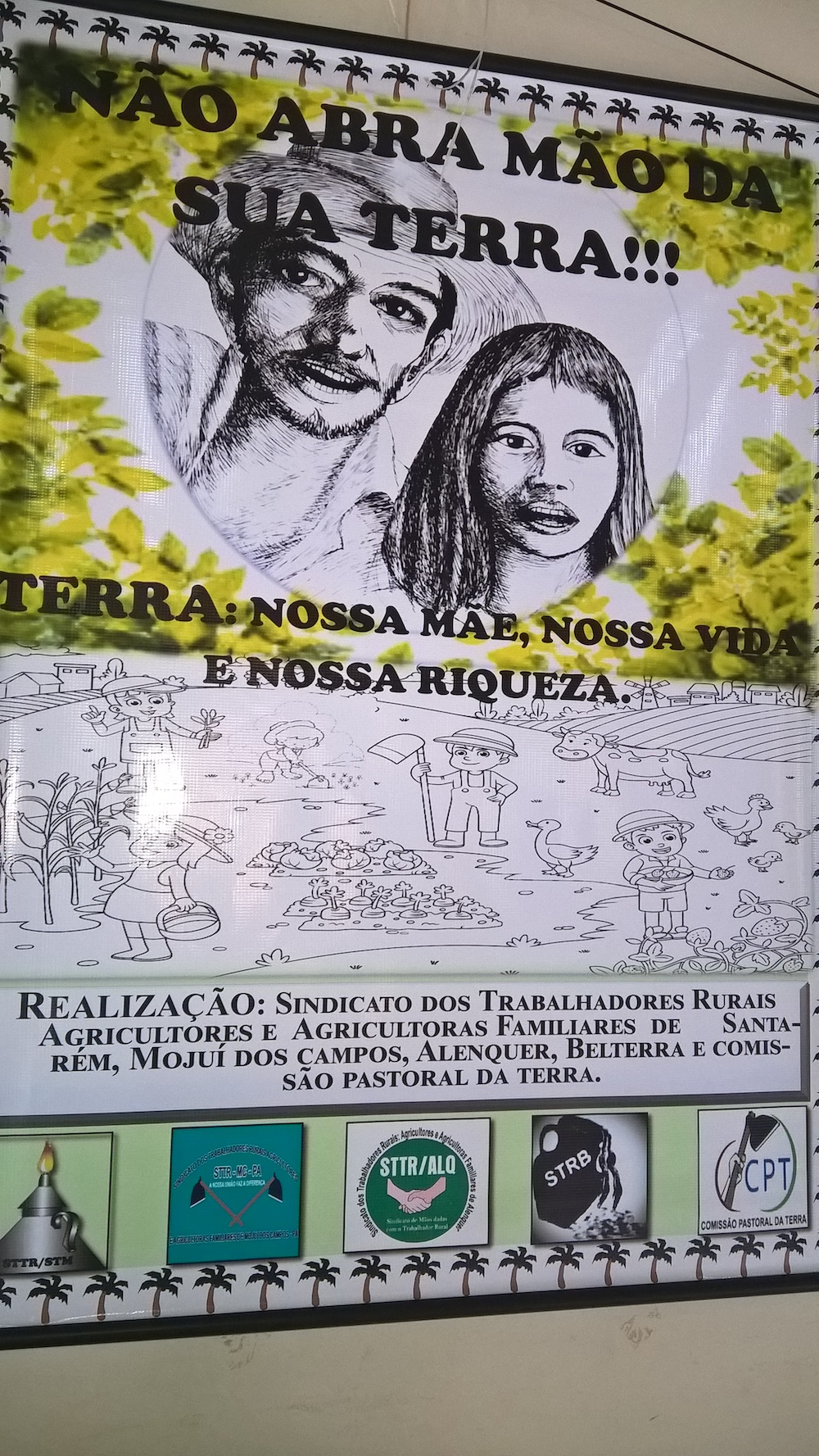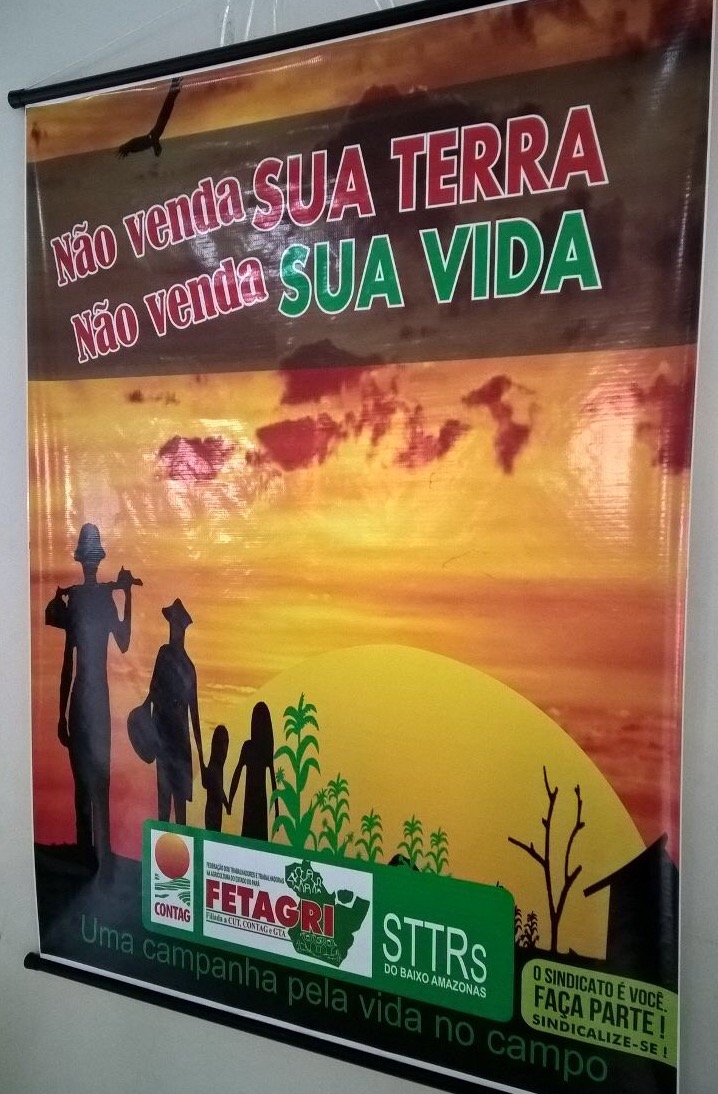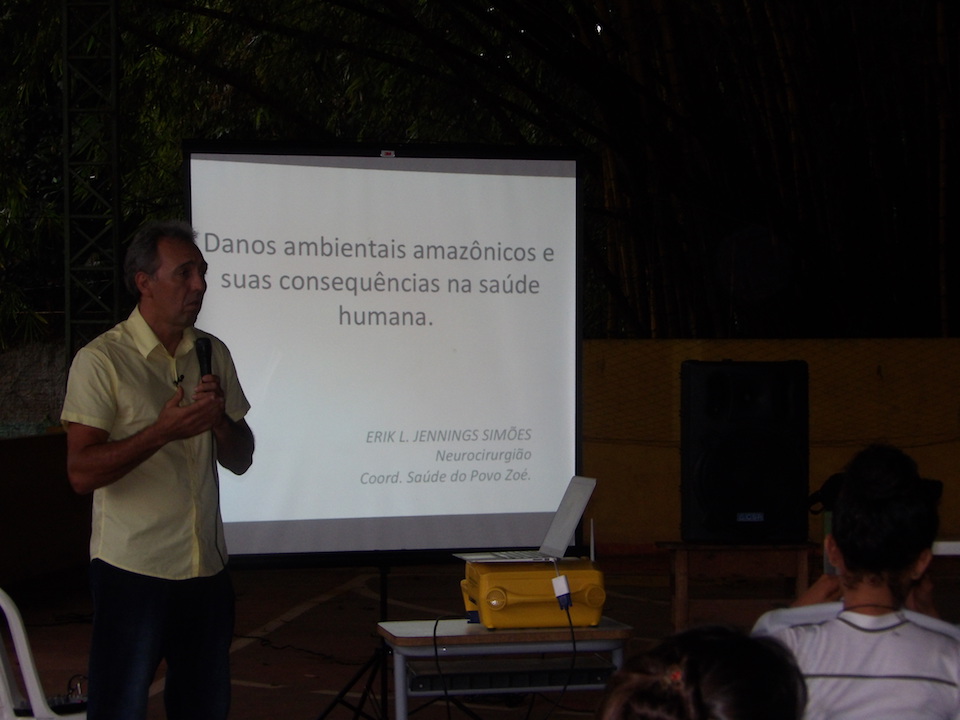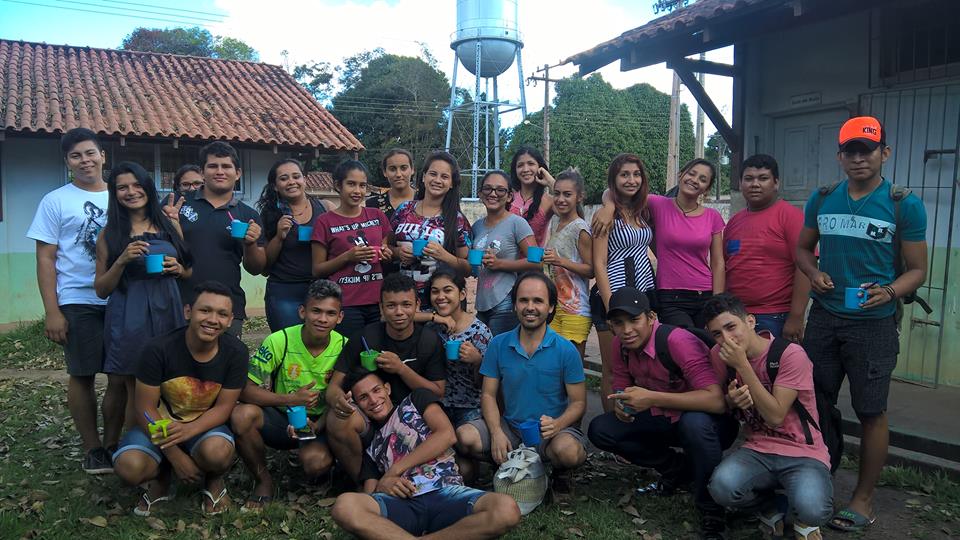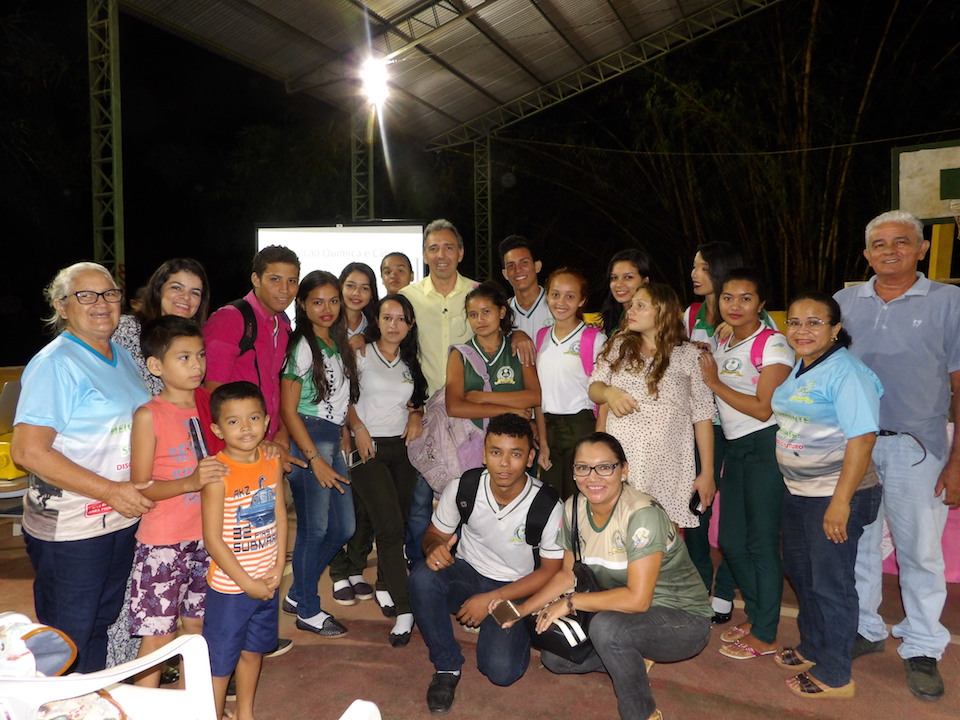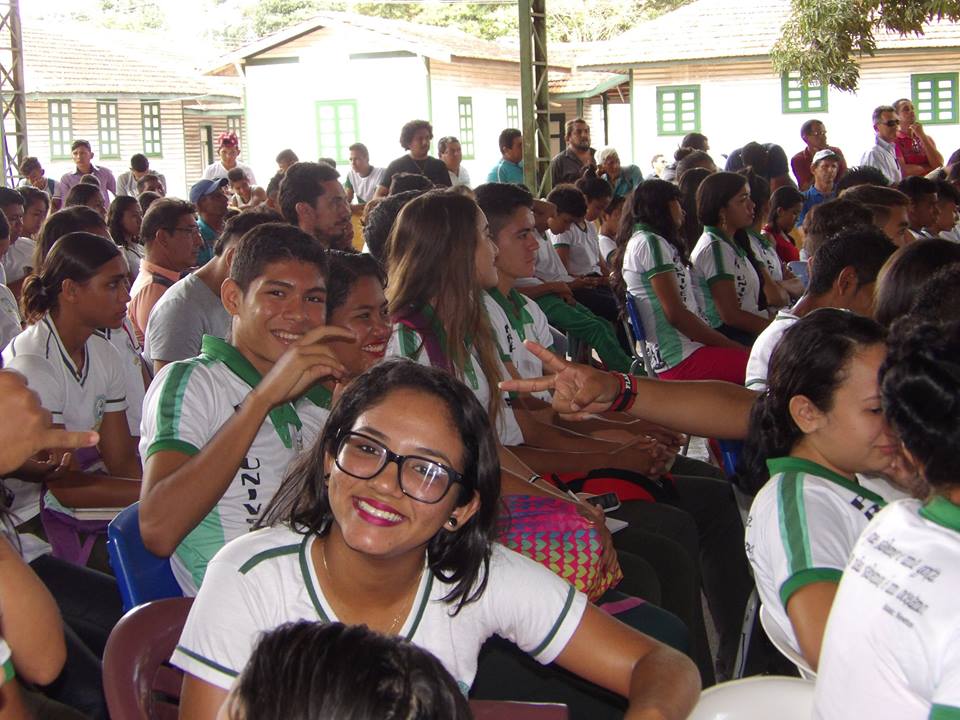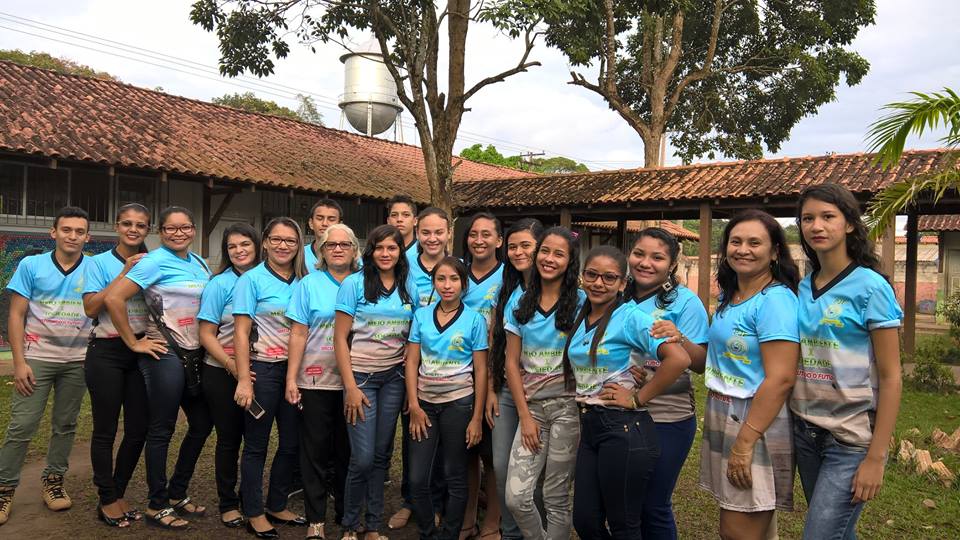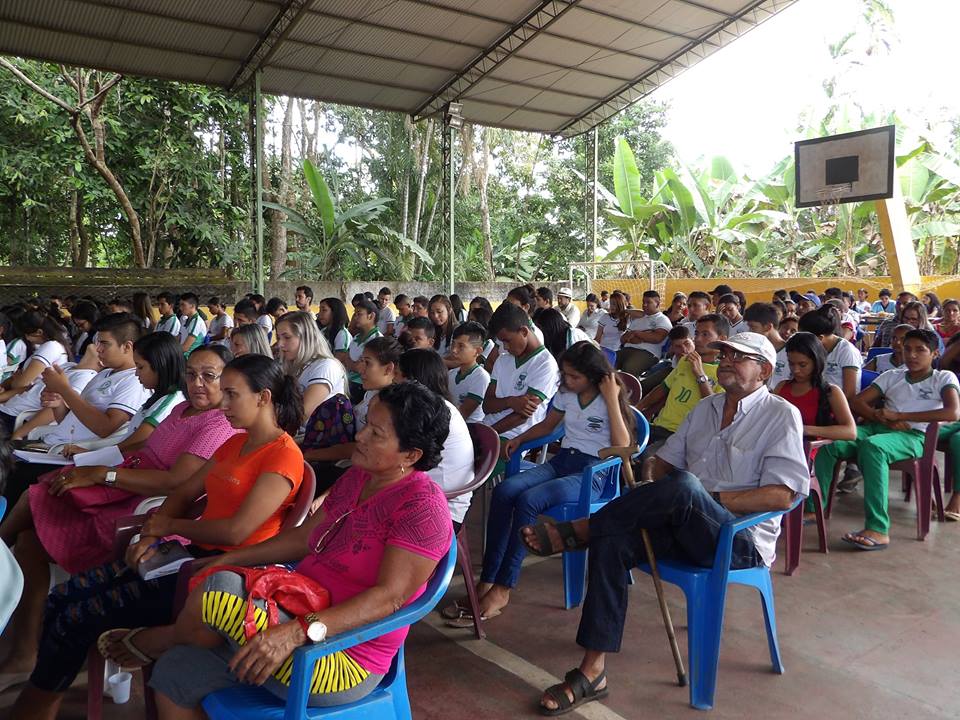Protected area depends on the help of volunteers to combat burnings
Areas affected by the fire
Located on the right bank of the Tapajós River in the municipality of Belterra-PA, the Aramanaí Environmental Protection Area (APA) has once again been the victim of burnings. Since the 15th of November of last year, the records of outbreaks of fire have increased vertiginously. According to the information of the detachment of the Fire Brigade in the region, the data indicates that the fires were started intentionally.
The civil police are already investigating those probably responsible for the fires, but until now, no one has been detained. The fires have affected large areas of the APA, both on the hillsides and in the ciliary forests belonging to the principal tributaries of the Tapajós river. Many animals have burnt to death, unable to escape the flames. A team of three fireman from the fire brigade of the neighboring city, Santarém-PA, staff of the secretary for the environment of Belterra, two volunteers and two employees of the secretary for infrastructure make up the group combatting the fires.
Animal casualty of the fire...
Firefighters brigade attempting to control the spread of the flames in the Aramanaí forest
A local resident trying to extinguish the fire without the benefit of protection against the flames
The lack of trained personnel to control the fire has been aggravated by the shortage in food and water supply to the team, as well as the omission of the Belterra Council and Chamber, who did not support the combat. The interests of public power were shown in May 2017 through a badly planned action that reduced the area of the Aramanaí APA by 20% with the aim of implanting ports for the flow of grains from agribusiness.
Furthermore, property speculation continues to provoke conflict between businessmen and residents in the area, which has been accompanied and mediated by State and Federal Public Prosecutor’s Offices, as well as the Federal Police. The Pará State Prosecutor, through the public prosecutors of the Environmental and Agricultural Courts of Santarém, judged a public civil suit on 15th September 2017 ruling that the municipality of Belterra and the State of Pará – Secretary for the Environment and Sustainability, may not issue and must suspend any environmental licensing in the Aramanaí Environmental Protection Area, and in the area recently affected, until Environmental Management of the APA Direction Plan is implemented.
Despite the existence of police reports, there is no clear information on the situation of the investigations. Somewhat randomly, the Aramanaí APA continues to depend on the voluntary forces, its own vegetal regeneration and the rains to mitigate the impact of the fire.
An arial view of the Aramanaí Environmentally Protected Area (APA) as well as the source of the fire
Leia o texto em Português clicando aqui


